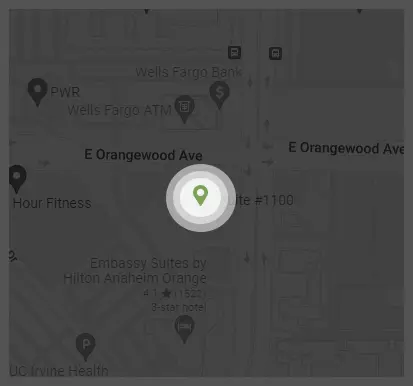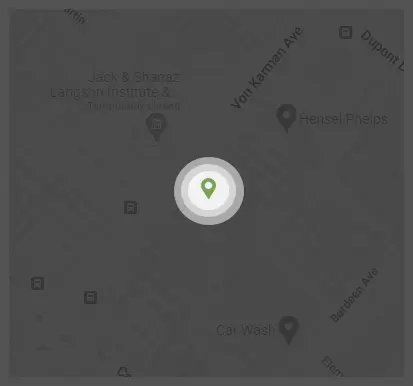Chapter 7 Bankruptcy Frequently Asked Questions
What Exactly Is Chapter Seven Bankruptcy?
The term “Chapter 7” simply refers to a specific type of bankruptcy that is a relatively quick and efficient way to discharge or permanently eliminate certain debts such as:
- Credit card debt
- Medical bills
- Utility bills
- Payday loans
- Personal loans
- Most legal judgments
Types of debt that generally cannot be erased include:
- Alimony
- Child support
- Student loans
- Most taxes
Who Is Eligible To File For Chapter 7?
An individual with primarily consumer debts is eligible to receive a Chapter 7 discharge if his or her average monthly income for the past six months is less than the California Median or if his or her income is above the California Median but qualified deductions bring his or her income beneath the disposable income threshold. Our office will provide an analysis of your debt situation to see if you qualify for Chapter 7 bankruptcy. An individual may not receive a Chapter 7 discharge if he or she has received a previous discharge under Chapter 7 in the previous eight years.
What Happens When I File A Chapter 7 Case?
When a Chapter 7 case is completed, all unsecured debts are discharged and wiped out forever. Approximately four to six weeks after the petition is filed, a meeting of creditors (“341(a) meeting) is held with the trustee. No Judge is present, and hopefully, you will never see a Judge. This meeting is used by the trustee to ask the debtor questions about the debtor’s financial affairs and the accuracy of the petition. Creditors have the right to be present and ask questions, however, creditors rarely appear at this meeting.
When Will The Collection Calls Stop And My Debts Be Gone?
Once a debtor files a Chapter 7 petition, an automatic stay goes into effect immediately, and all collection activity must cease. Any lawsuits attempting to collect a debt are stopped in their tracks. Any creditor attempting to collect a debt can be sanctioned by the court. Approximately four to six weeks after the petition is filed, a meeting of creditors is held with the trustee. After the conclusion of the meeting, if there are no objections, the debtor will receive his or her discharge about two months after the 341(a) meeting.
Why Should I File Chapter 7 Instead Of Debt Consolidation?
Chapter 7 bankruptcy wipes out all unsecured debts, such as credit cards, medical bills, and most Judgments. They are terminated and gone forever. You pay once to wipe out all your debts, and you never pay again! Many “debt consolidation” companies will demand money up front and put you on a payment plan to pay back your debts, plus you pay them a fee with no guarantee of any results. Prior late payments remain on your credit report and many debtors are no better off than when they started.
Where Should I Go To File A Chapter 7 Case?
The Law Office of Patrick O’Kennedy will analyze your financial situation, determine your eligibility for Chapter 7, and review your options with you, all at no charge to you. Should you retain for a bankruptcy filing, you will be quoted a flat fee that includes all filing fees, counseling courses, credit report fees, and attorney’s fees, so there are no hidden charges. You pay once to wipe out all your debts, and you never pay again!
We use the most current version of Best Case software to file your case electronically with the Court. You may complete a questionnaire online that provides most of the information regarding your income, expenses, and assets that you want to protect. We will download your credit reports from all three major credit reporting agencies to make sure that all your debts are listed, and the information is accurate.
How Much Does It Cost To File A Chapter 7 Case?
When you file a Chapter 7 Case through the Law Office of Patrick O’Kennedy, you pay only a one-time flat rate that will cover your legal fees, court fees, counseling, and credit report fees. There are no hidden costs. As long as you provide complete and accurate information, and there are no challenges to your bankruptcy filing, you should not incur any further costs. The legal fees depend on the type of case, the number of creditors and the amount and type of debts to be discharged. The rates compare very favorably with other Bankruptcy Law Firms.
What About My Credit Score?
Most people who file a Chapter 7 Bankruptcy find that their credit score is actually better one year after their debts are discharged than it was before they filed. While a Bankruptcy will typically remain on your credit report for up to ten years, your outstanding debts will be wiped out and you will have no unpaid debts that are subject to collection.
Can I Keep My Assets If I File A Chapter 7 Case?
Yes. The law provides that you may protect your assets up to a certain value, including your home, your car, and personal property. Protecting your assets is one very important reason to have an expert attorney to help you file your Chapter 7 case. The Law Office of Patrick O’Kennedy will prepare your schedules of assets and debts so that you keep your assets, unless you volunteer to surrender certain assets, and wipe out your unsecured debts.




